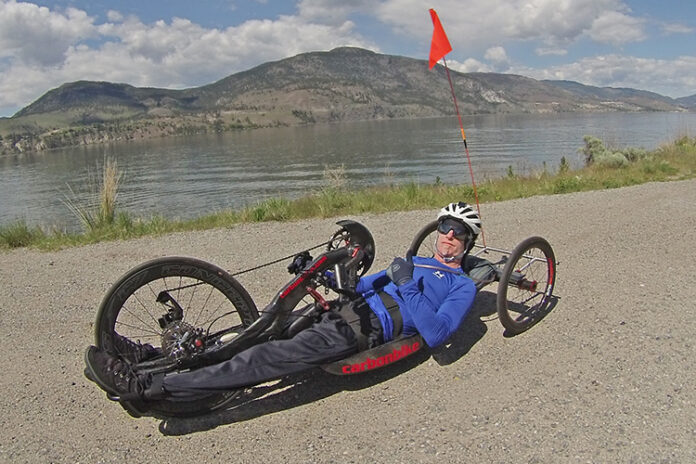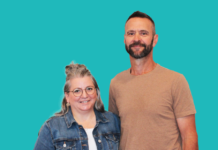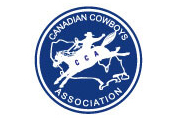
Paraplegic Brent Worrall is gearing up to embark on a daunting 400 kilometre hand cycling trip from Swift Current to Humboldt to raise awareness of mental health issues.
The Penticton, B.C. man will leave Swift Current on September 7 to start a four day journey which ends in Humboldt on September 12. He said the Motocross Saved My Life’s Mental Health in Motion Tour 2022 is a way to reach out to both communities who share mental health scars from tragic bus accidents which claimed the lives of junior hockey players enroute to pursuing their passion of playing the sport they love.
Worrall has experienced his own tumultuous journey of recovery following a 2011 motocross accident which left him a paraplegic after he broke his back and neck in six places. The former Canadian national champion motocross racer had to overcome his own mental health challenges and a diagnosis of Post Traumatic Stress Disorder before really grasping a strategy to get himself back on track.
“I was not able to process trauma so my life did not accelerate forward, it was actually the opposite, it was going backwards,” Worrall admitted during an interview leading up to next Wednesday’s trip start.
He said individuals dealing with Mental Health issues often do not reach out to access supports and the help of people around them.
“People are really reluctant because they feel like they’re going to lose something associated with the stigmatism, whether it’s socially, at work or something.”
“That’s what I discovered and my personal experience was that I started to put up walls, and I went inside…the things that I loved I wanted no part of them. It starts like that and it doesn’t get any better. For me, once I was able to put a label on it and identify and start talking to some trauma survivors, it’s basically my whole network of what we’re doing.”
Worrall hopes that people are inspired by his own achievement in coping with his own trauma and living with PTSD.
Admittedly his 11 year journey after his accident was not always smooth sailing, but once he found a new competitive passion he again an invigorating reason to make the best of every day. After beginning an intense training regimen, Worrall participated in first competition hand cycle race on May 1 in Montreal where he placed second in his event category behind Charles Moreau who has competed at two Paralympic Games.
This training has become one of the key components of his own healing and moving forward, and he shares that he was previously too focussed on his trauma, whether he realized it or not.
“All it took really was a concerted effort to find something that I truly love, like being physically active and challenging myself on the hand cycle. Now, everyday when I wake up and it’s about what I’m going to do on that hand cycle. And if I’m not going to be on it that day, it’s about what I’m going to do today to be better on that hand cycle tomorrow.”
“I’ve kind of found a new career in the process too. So I’m working hard to train for racing, but I just want to get this mental health awareness side done.”
“We’re really excited about this. I’ve been planning it mentally for the last two years, but physically my wheels have been in motion the whole calendar year training.”
He said one of his big messages is to normalize mental health discussions and for people to light a fire under themselves to achieve some existing or new challenges.
“I see a lot of people doing things like I’m doing, and I now know why. Because it really empowers me to advocate because I just know how physically and mentally debilitating it was.”
Worrall shares that he feels physically prepared for the September trek, having logged nearly 150 training rides and covering 6,000 kilometres during training this year alone.
“My days are really quite a struggle. My hand cycle is as physically demanding as it is to ride with just the arms, it is my sanctuary. It’s the thing that puts me on a level playing field. It’s something that I can challenge myself on, on my terms. That was one of the key components to me overcoming my PTSD was continuing to challenge myself and set goals. And I found by pushing my limits physically it actually really helped me mentally and emotionally, especially dealing with spasms and painful things.”
“To be able to do something within my ability and put the focus on ability and focus on what we can do and what we can’t it just speaks in volumes. For me the reason that I’m just so lit about this and sharing this is what its done for my soul. Like the true, genuine inner happiness that I have now it’s far superior to anything I’ve ever had in my life.”
And even with Worrall having done the majority of his training in mountainous British Columbia, he knows Saskatchewan is not flat, easy going terrain.
“I don’t know where that popular rumour came from,” he chuckled. “When you head out of Swift Current towards the South Saskatchewan River up Highway #4, I mean I’m gone about two or three kilometres from the rink and then I’m straight up hill, six degree grade for probably two kilometres, it’s going to be a heck of a tug.”
“I’m ready. I can ride. I’ve been preparing. I don’t think the distance will be a problem.”
Worrall is inviting interested individuals to ride along with him during his departure out of Swift Current. A community send off is planned from 10 a.m. to 11 a.m. at the Ted Knight Saskatchewan Hall of Fame on September 7.
Additional information about his trip can be located at www.brentworrall.com.





